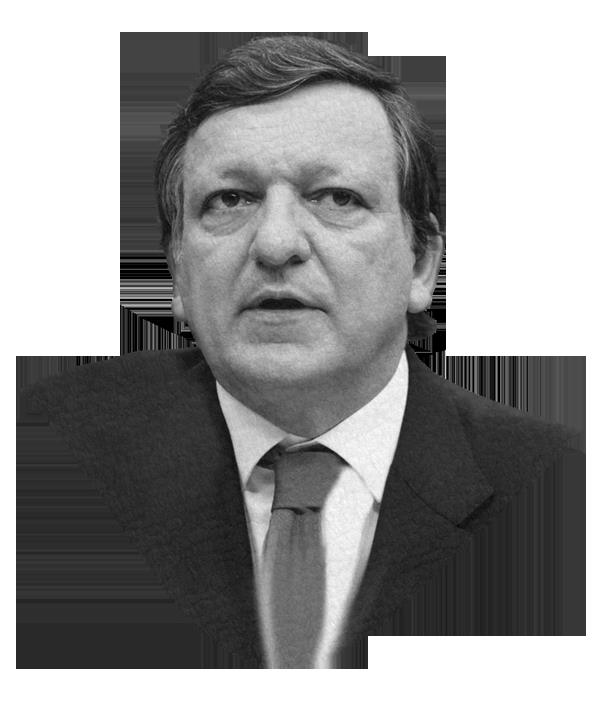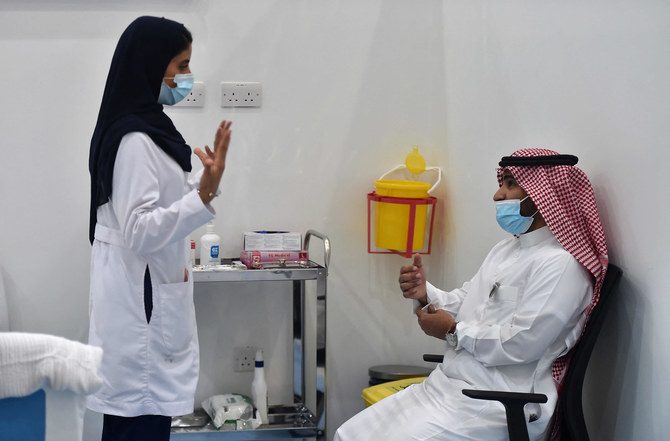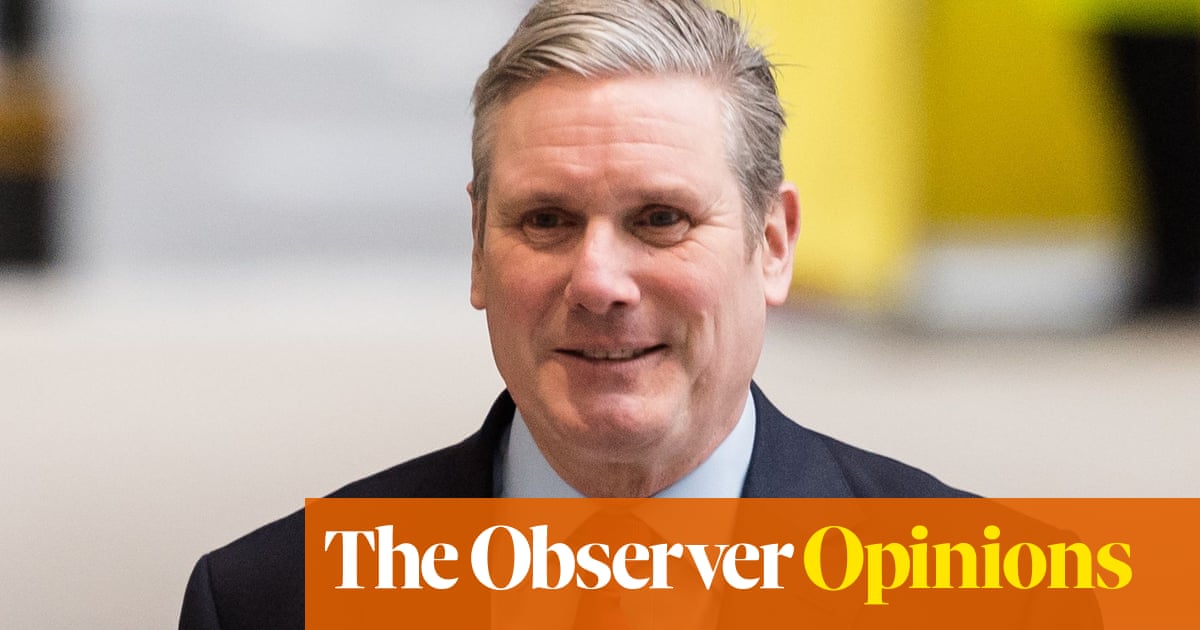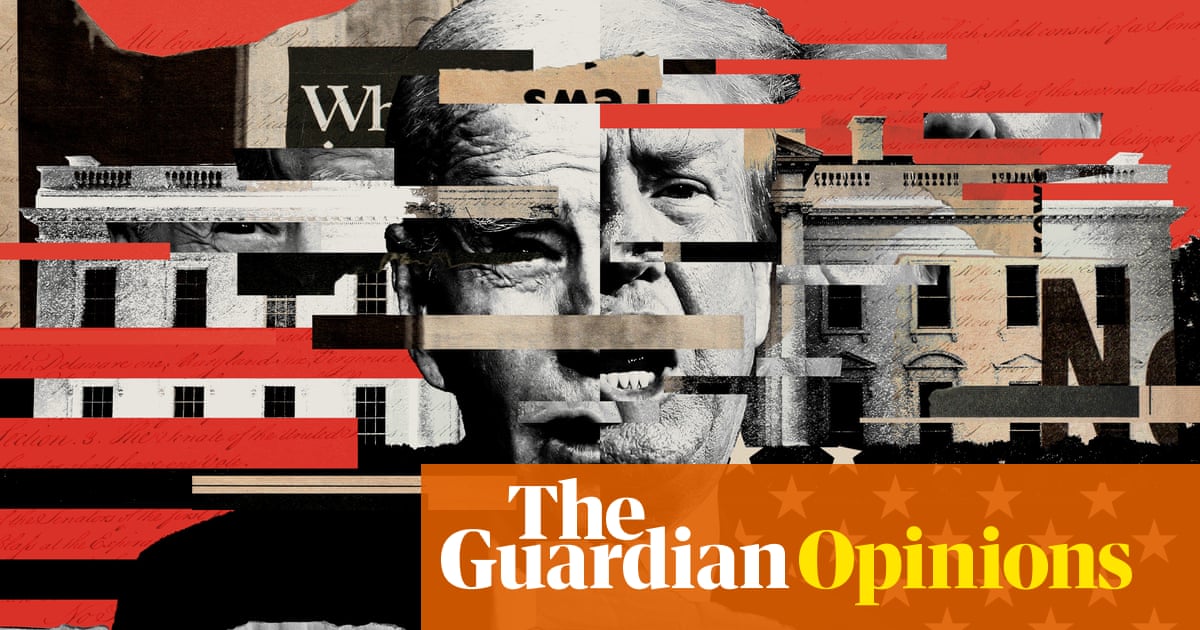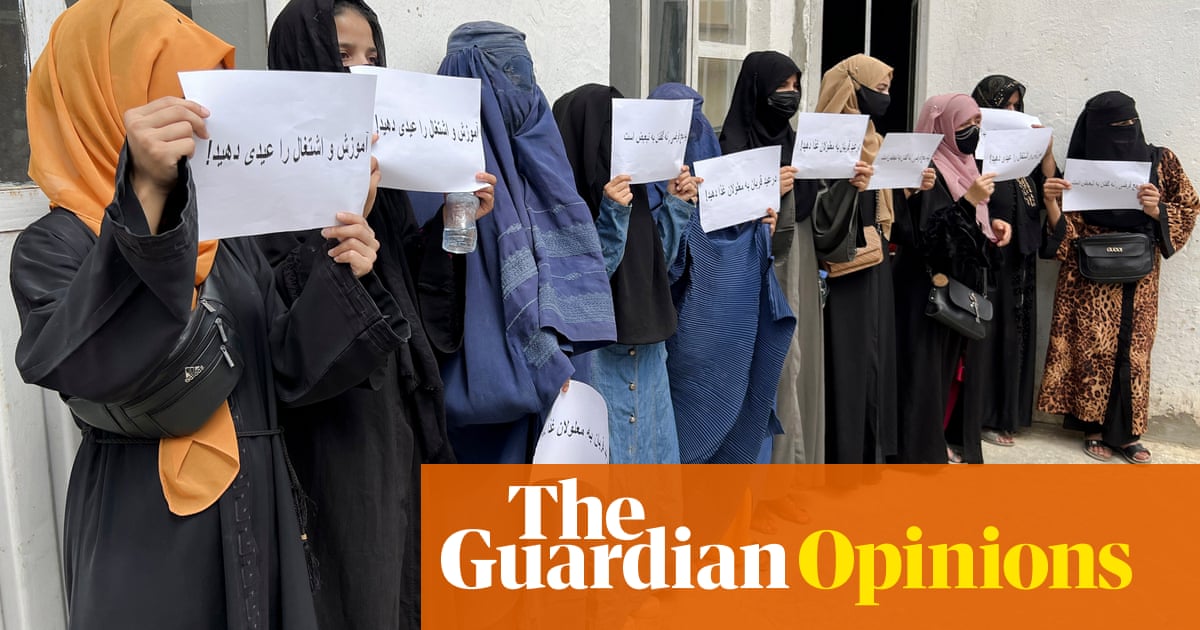
Talk of the “next recession” is often dismissed as alarmist fear-mongering. The wounds of the 2008 financial crisis and the resulting downturn are still fresh despite positive results from a synchronized global recovery effort. In these politically charged times, economic pessimism is considered unfair criticism of the Global North’s flirtation with populism. Calls for caution and economic prudence are rarely taken seriously. However, no matter your political leanings or your particular school of macroeconomics, the signs of a recession are on the horizon.
Right or left, numbers do not lie, and economists and analysts are increasingly finding common ground with each new release of macroeconomic data in North America, Europe and Asia. Most experts agree that the global economy is on pace for another downturn. The only disagreement, it seems, is which data or metrics to rely on.
Regardless, time marches on and this time the recession will spare no one; most countries lack the monetary resources, effective policies or sufficient leeway in ever-tighter public budgets already tip-toeing around massive public debt.
In that regard, the fact that the 2008 crisis and resulting global recession were recent is actually quite fortuitous. Lessons learned there should inform governments in the Arab world on the dangers of insufficient preparation, poor planning and ineffective monetary policies.
It is imperative that the Arab world remain cautious, watching key economic indicators and preparing measures that can allow central banks sufficient leeway to set recovery policies without overly burdening public finances or forcing difficult choices on the public.
The last thing the Arab world needs is to fight a war on two fronts — one to restore economic fundamentals after the downturn, and the other to deal with dissent after a raft of austerity measures.
The rhetoric of a combative White House that prefers the Federal Reserve to keep interests rate low despite inflationary pressures, combined with an ongoing trade war with China that experts fear will spill over into currency manipulation with massive ramifications, is making investors wary. Beyond US sovereign debt and its misguided forays into trade wars, the EU is also grappling with an impending Brexit that is more of a headache than ever. It remains unclear whether the UK will leave on amicable terms or if the world’s ninth-largest economy will crash out of the lucrative EU common market with few “friends” to fill the gap.
It is imperative that the Arab world remain cautious, watching key economic indicators and preparing measures that can allow central banks sufficient leeway to set recovery policies without overly burdening public finances or forcing difficult choices on the public.
Hafed Al-Ghwell
Another reason Brexit is important in discussions on an impending global recession has to do with the surge in populist and far-right nationalist groups across Europe. Should Brexit “succeed,” it would only encourage these groups in calling for withdrawal from the EU, especially when the next global recession comes knocking, forcing governments to reintroduce painful austerity and budget cuts amid rising unemployment.
So what does this all mean for the Arab world?
The GCC countries are likely to weather the effects of global downturn given their combined wealth and their considerable room for maneuver with targeted policies to shake off falling commodity prices and decreasing foreign investment.
However, the best course of action is preparation, and maintaining a level of cautious optimism in monetary policy. This way, governments can respond to any crisis from a position of preparedness and confidence instead of engaging in reactionary and untested policies to stave off crisis and stimulate the economy.
Even if the recession takes longer to hit, governments, central banks, financial markets, banks, investors and other stakeholders will have the tools and know-how to successfully navigate through a crisis without exposing themselves to risk or loss.
The less wealthy Arab countries should exercise the same cautious optimism when setting monetary policy in the next 12 to 24 months. The easy way out would be to ride the current growth phase until the last minute, when a recession is imminent; there are too few resources and opportunities to act independently of the larger economies and trading blocs.
However, economic realities should not be ignored. As the Federal Reserve will probably continue to raise interest rates to curb inflation, emerging or developing Arab world economies will find it more difficult to service debt as a result of a stronger dollar.
Governments, central banks and policy wonks in the Arab world must therefore remain prudent and cautious, focusing their attention on key statistics and data from the major economies that their own economists, analysts and experts use to predict a looming global recession. It is perfectly acceptable to ride the wave of growth and optimism, but it is wiser to always prepare for the less pleasant days that appear to be drawing closer.
Hafed Al-Ghwell is a non-resident senior fellow with the Foreign Policy Institute at the John Hopkins University School of Advanced International Studies. He is also senior adviser at the international economic consultancy Maxwell Stamp and at the geopolitical risk advisory firm Oxford Analytica, a member of the Strategic Advisory Solutions International Group in Washington DC and a former adviser to the board of the World Bank Group. Twitter: @HafedAlGhwell
Disclaimer: Views expressed by writers in this section are their own and do not necessarily reflect Arab News" point-of-view




